Can bottom trawling improve oxygen conditions on the Baltic Sea floor?
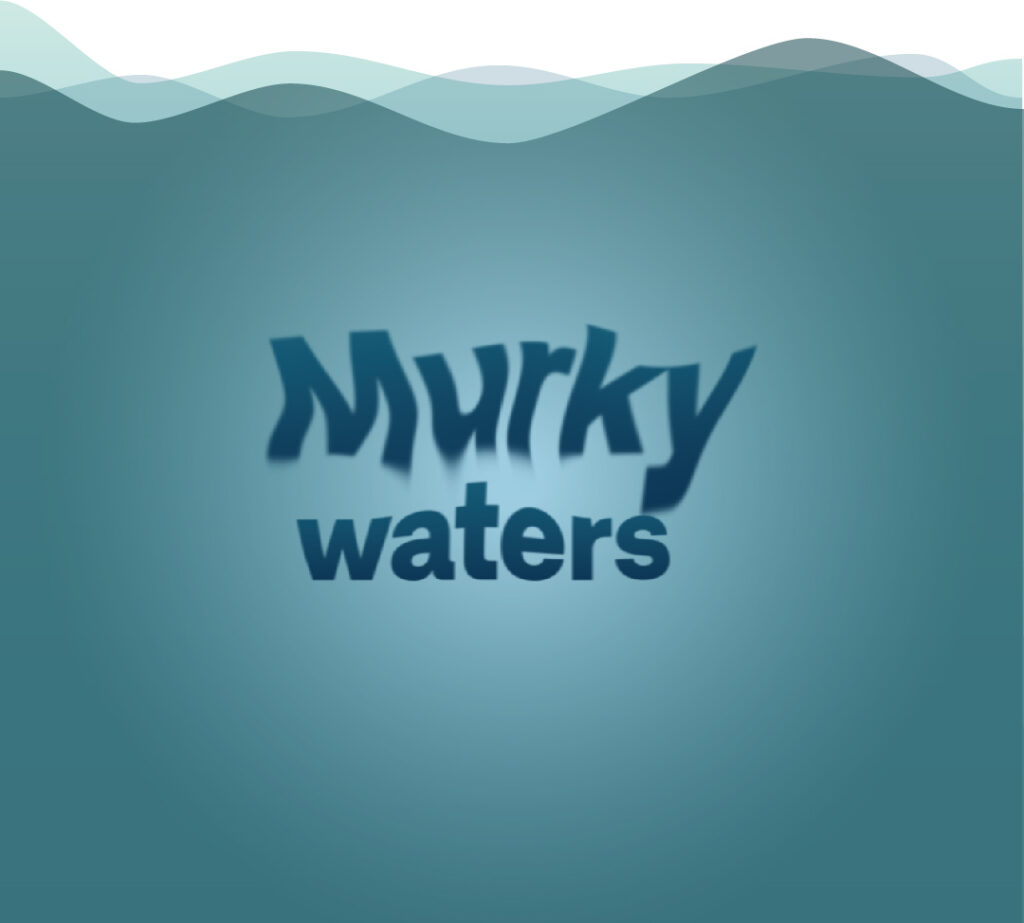
It is sometimes claimed that bottom trawling can oxygenate the seabed. We get to the bottom of this claim and explain why it is not true.
Strengthen the implementation of existing EU fisheries policy, rather than initiating a reform

The EU is currently evaluating how well the current fisheries policy has met its objectives. BalticWater’s message is to strengthen the implementation of the policy.
First fish tanks in place at BalticWaters’ new laboratory
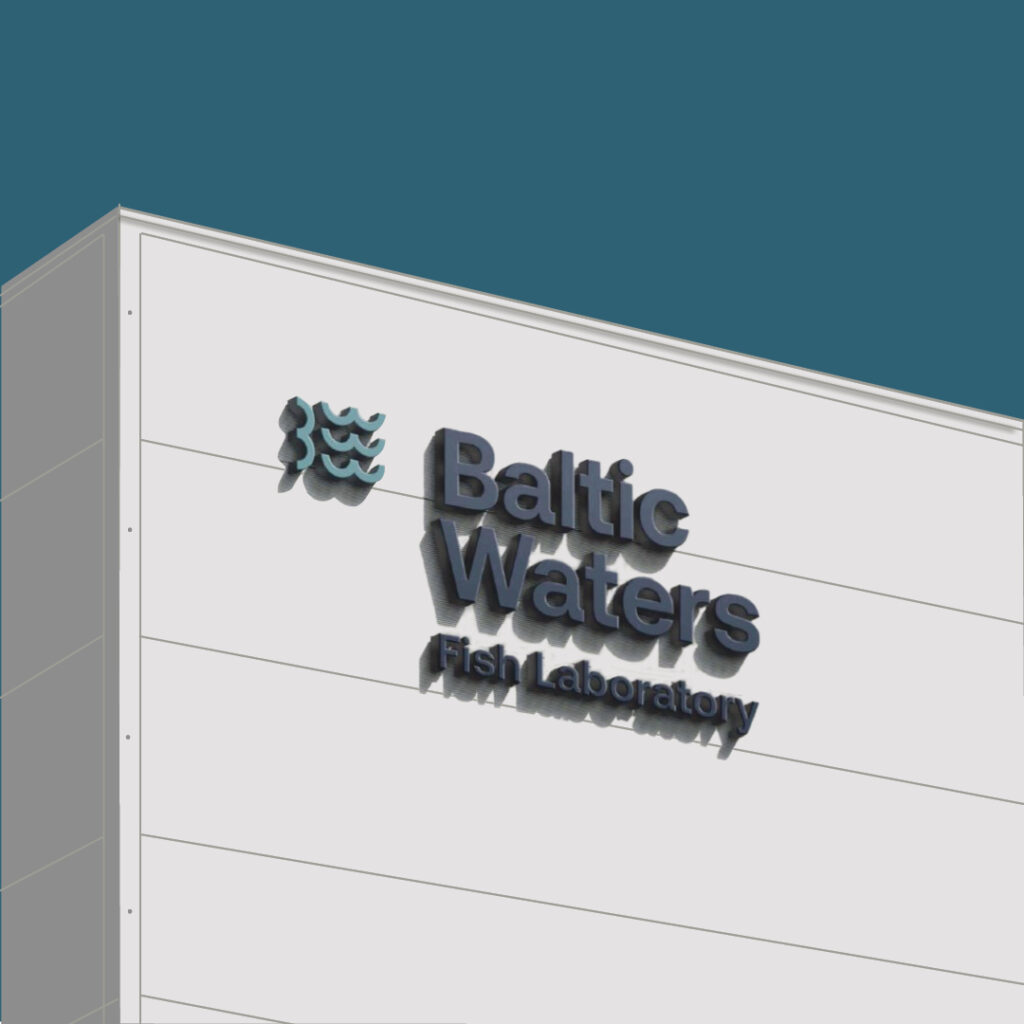
Drawings and sketches have suddenly become reality as new walls appear and the first tanks for keeping fish are put in place. And everything is so big! ‘The opportunities for new and exciting research on some of the Baltic Sea’s most important fish species will be endless at the new laboratory,’ says Konrad Stralka, CEO […]
The pathway of carbon to the Baltic Sea – important for the sea’s ability to mitigate climate change
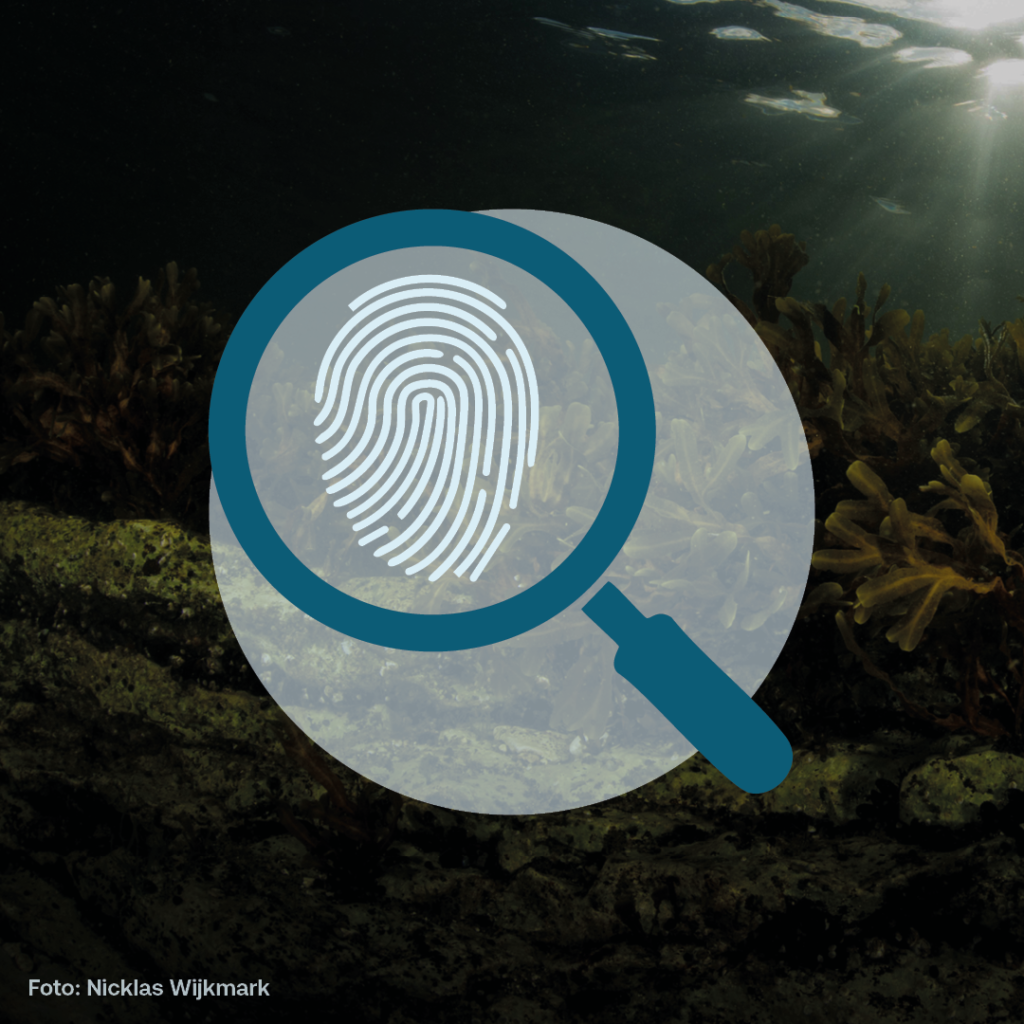
Where does the carbon stored in Baltic Sea sediments come from? A new project, funded by BalticWaters, aims to answer this question.
Coincidence led to passion for Baltic cod
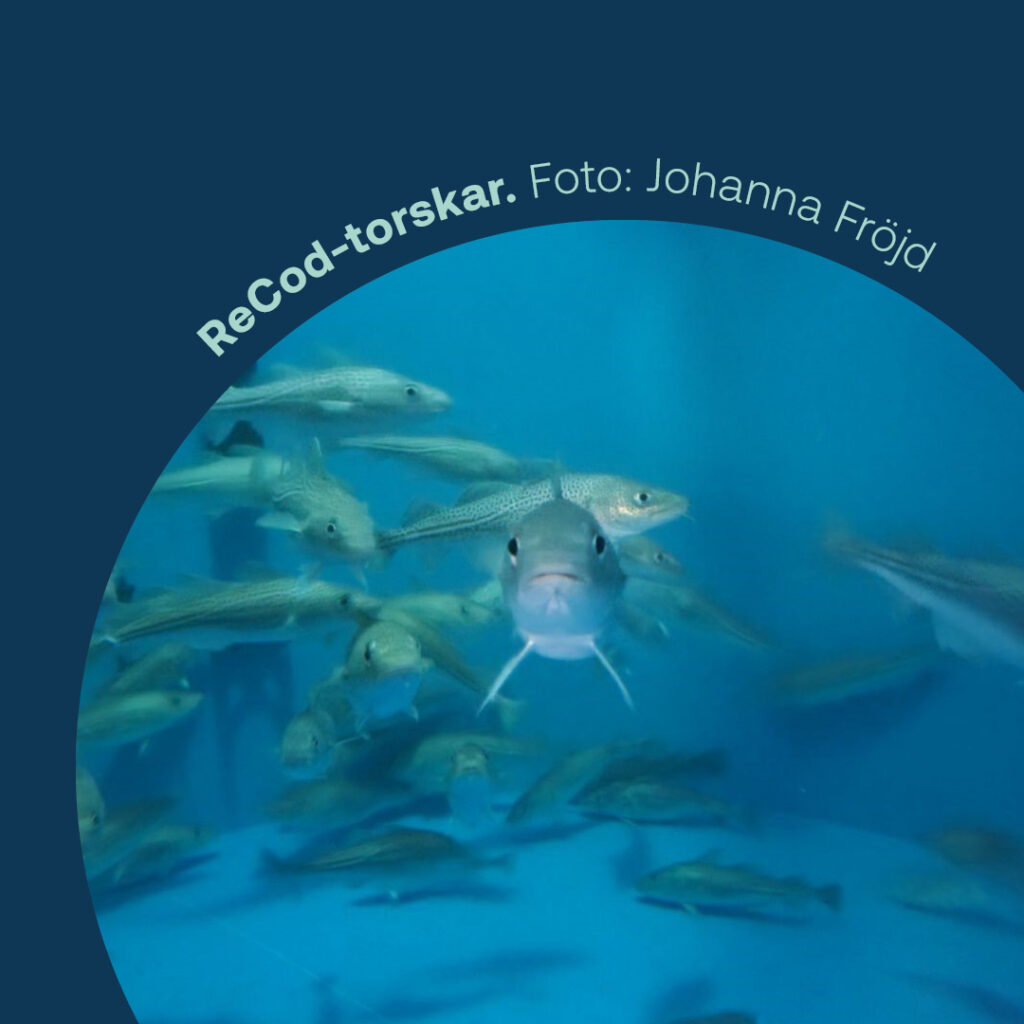
If you’ve been following the project ReCod – release of small cod in the Baltic Sea, you know who Johanna Fröjd is – the foundation’s very own cod mum. After almost four years in the project, it’s time for new adventures. Or perhaps more like semi-new adventures. Johanna has started a PhD position at Stockholm […]
Deep dive: The inflows that shape the Baltic Sea
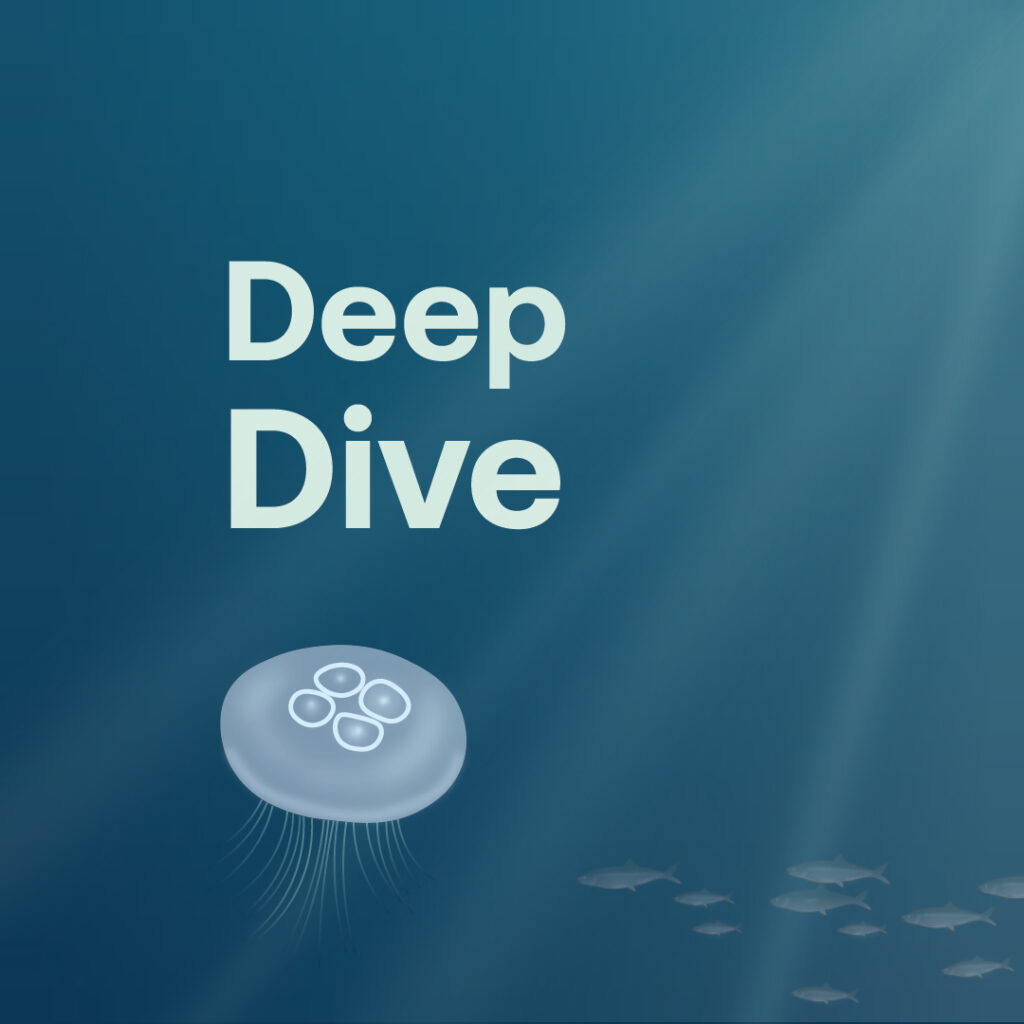
What is the role of water inflows in the Baltic Sea marine environment? And how are they affected by climate change? BalticWaters has dived into the question to explore the importance of inflows.
Congratulations to the 2025 grant holders!

This year, two researchers – one natural scientist and one social scientist – are being awarded funding. Both projects have the potential to contribute to a vibrant Baltic Sea
Ylva Berg Axell becomes new chairman of BalticWaters
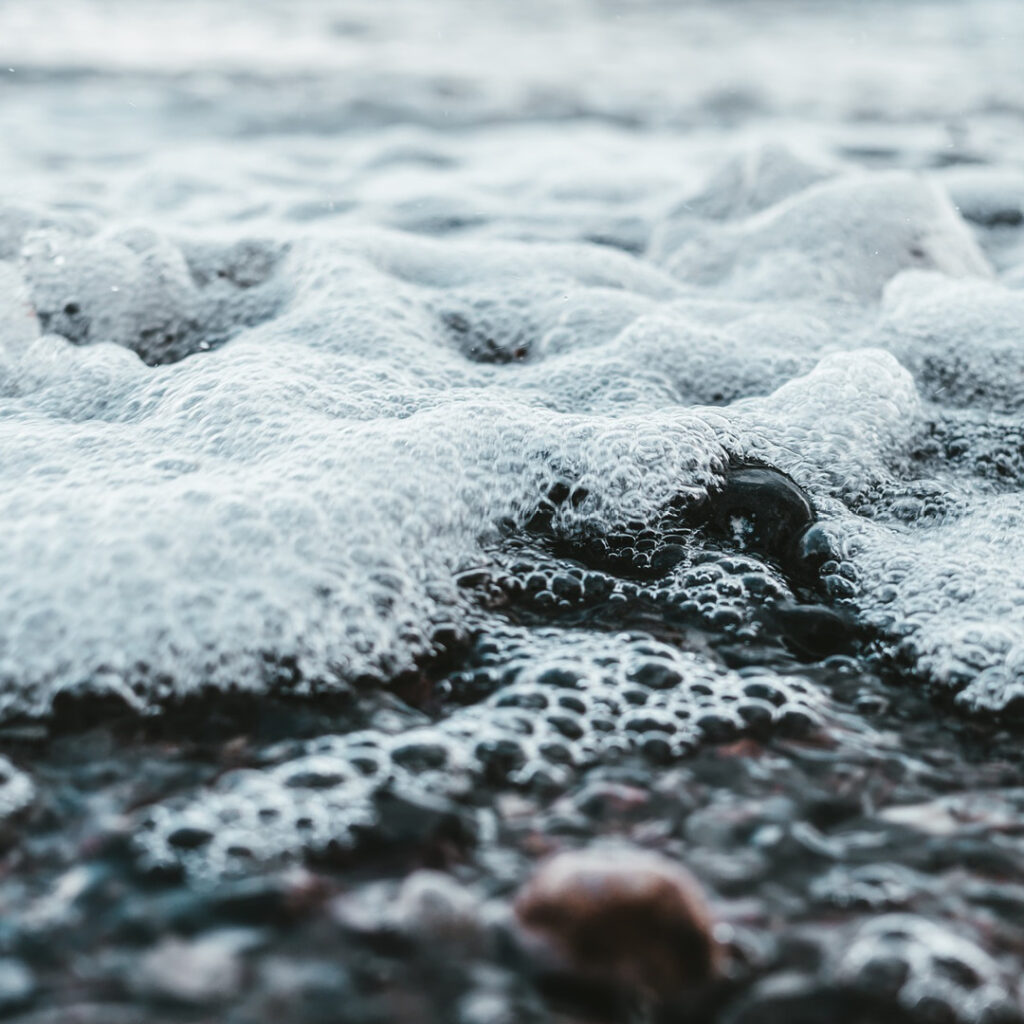
Ylva Berg Axell has been appointed as the new Chair of BalticWaters. She was elected by a unanimous Board on 14 March 2025 and succeeds Otto von Arnold, who has been Chair of the foundation since its work began in 2020. ‘It is a great honour to contribute to BalticWaters’ important work. Being able to […]
New scientific paper: sheltered bays are significant sinks for carbon and nutrients
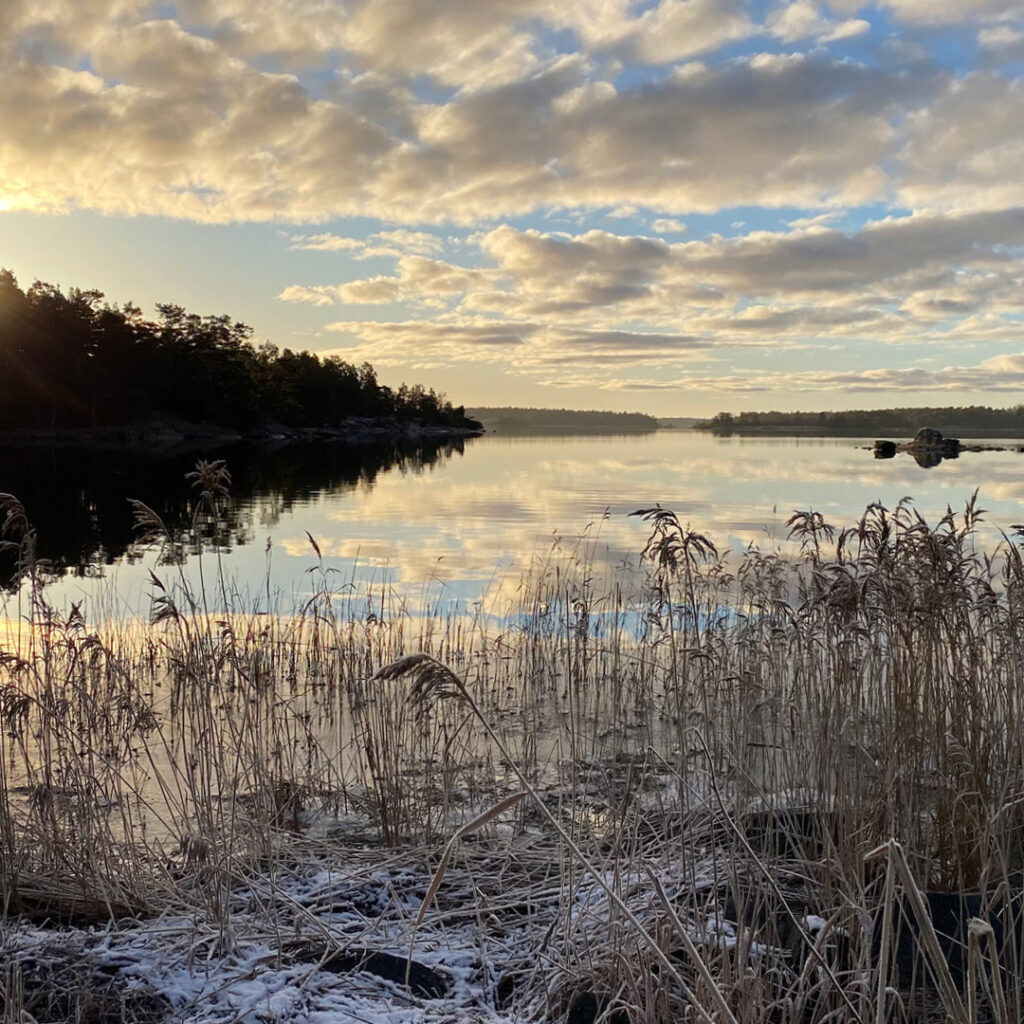
Seagrass beds, mangrove forests and other coastal ecosystems have long been recognised as important natural carbon sinks. A global estimate shows that half of all carbon sequestered in the seabed is found in coastal ecosystems such as mangrove forests and seagrass beds, even though they make up only a few per cent of the ocean’s […]
Meet the operations manager at BalticWater’s new laboratory
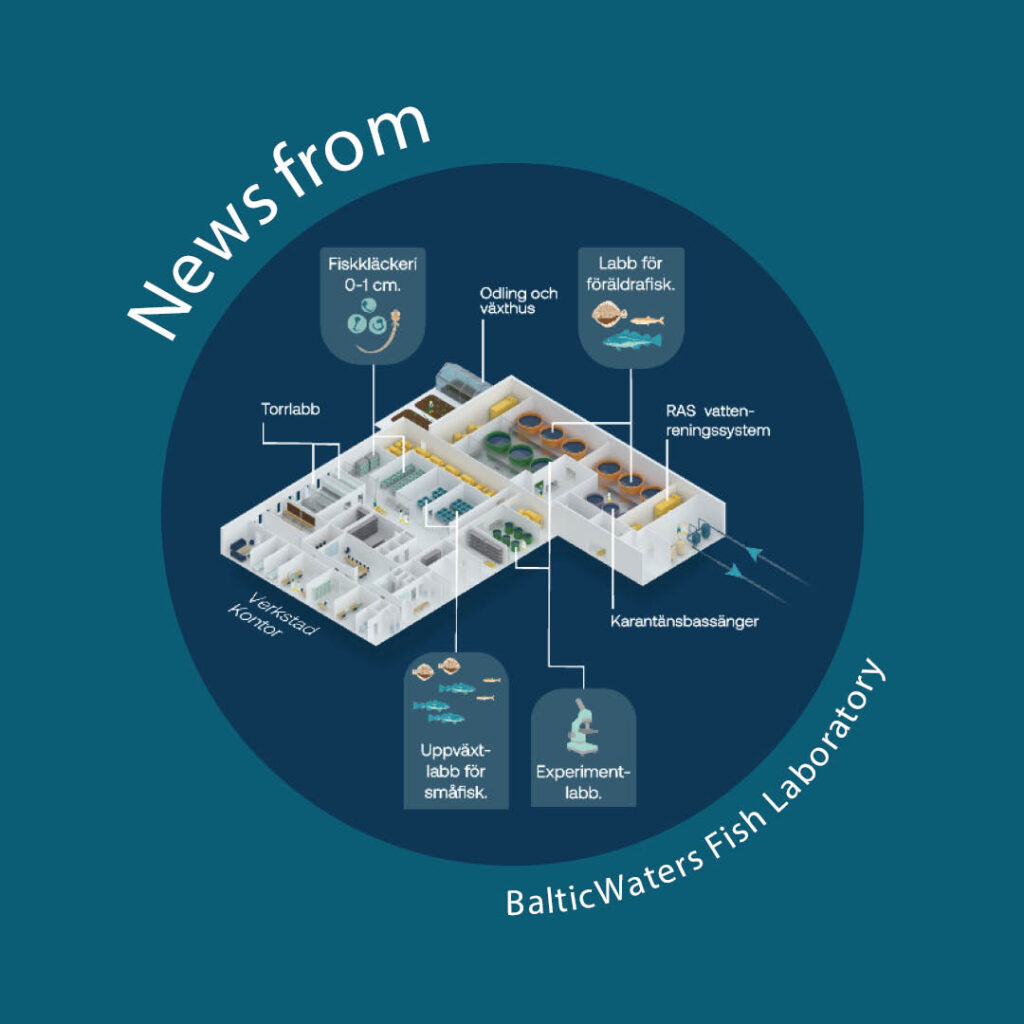
We welcome Mats Anderling to the role as operations manager at BalticWater’s new fish research laboratory. His task will be to build a unique research environment that can contribute to a healthier sea.
